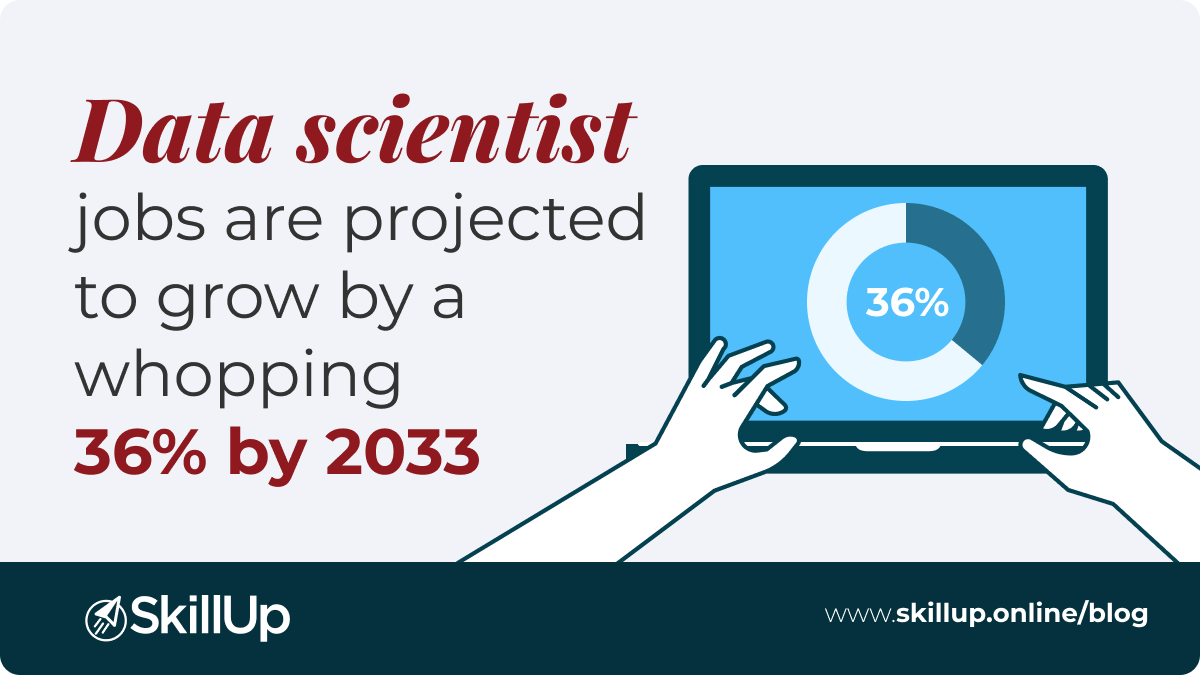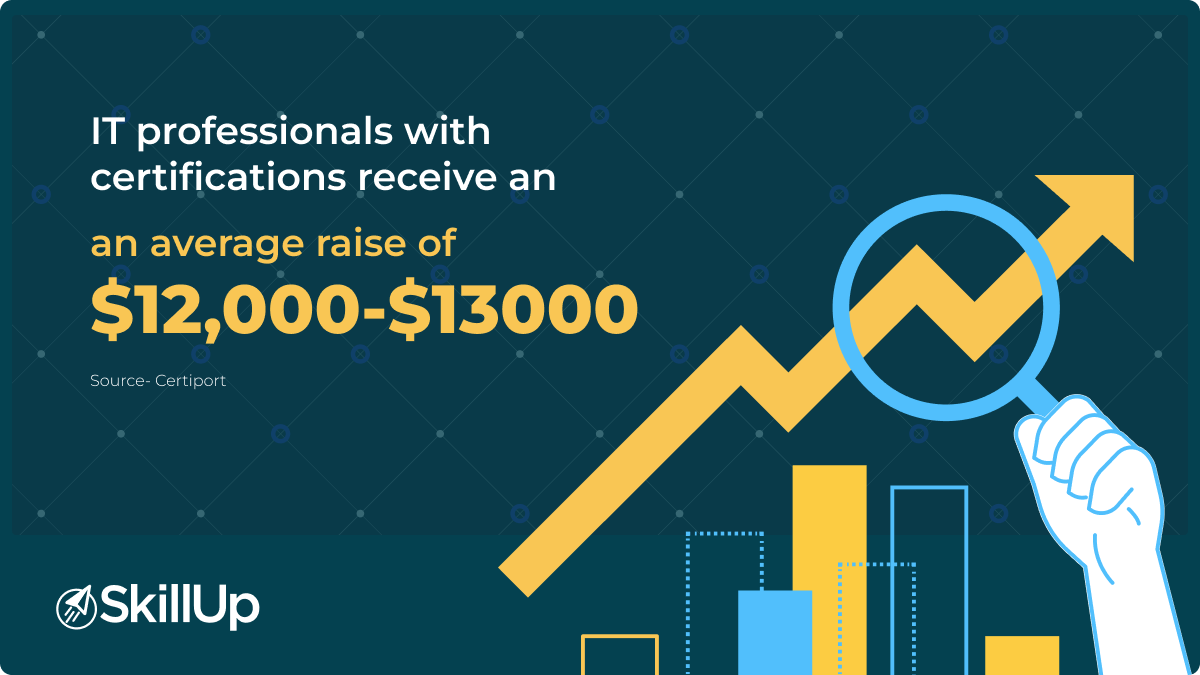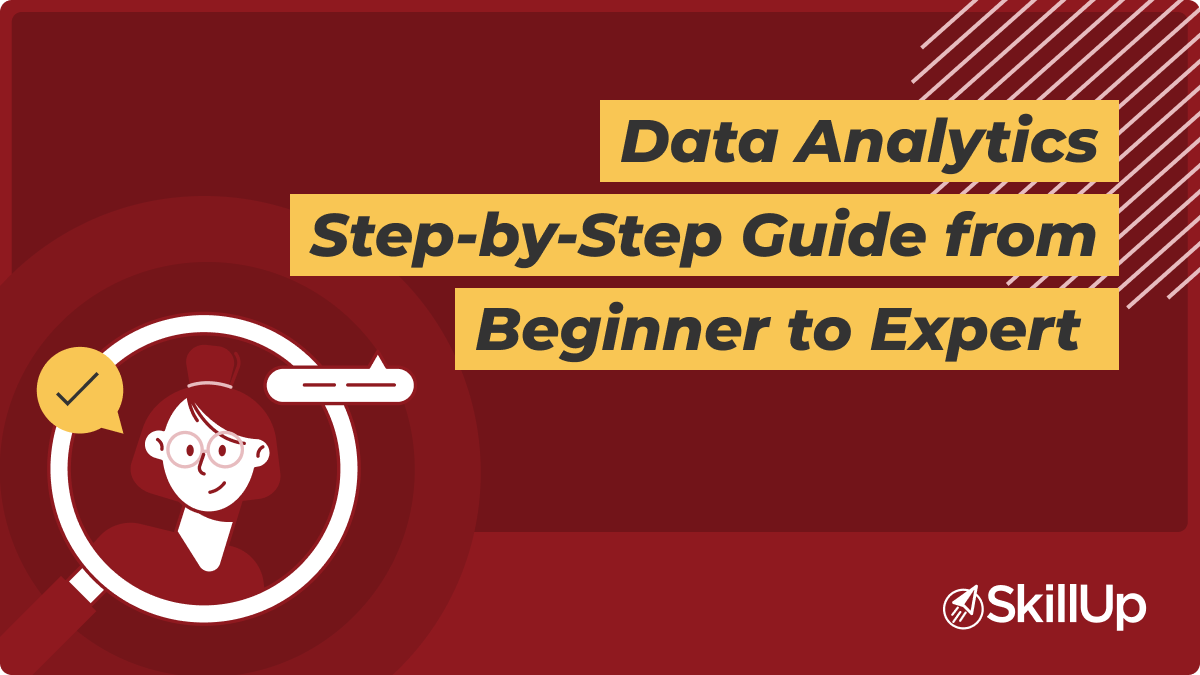The data-hungry and AI-driven “fourth industrial revolution” now sees us generating new information about people, things, and ideas at unprecedented levels. And the ability to create and manage systems for interpreting that data has emerged as one of the most highly sought-after skills in the technology ecosystem. In fact, the data analytics industry is growing so quickly, it’s forecast to hit $133 billion globally by 2026.
Add to this the fact it’s projected there will be a global shortage of 85 million skilled professionals in the tech industry by 2030 – with particular emphasis on big data and data science – and a career in data analytics starts to look extremely promising.
But well it should, for pursuing such a career offers numerous benefits, including job security, versatility, and growth potential. However, for those just getting started, it can be difficult to gain the necessary experience to thrive in this field.
So, what is this whole data analytics malarkey all about? And how do you get going?
What is Data Analytics?
Data analytics analyzes big data to generate insights and enable businesses to make informed decisions. It involves a variety of approaches, including using statistical tools, machine learning algorithms, and data visualization techniques. And data analytics professionals are responsible for data collection, analysis, creating data visualizations, designing algorithms to automate the entire data analytics process, and providing expert recommendations.

Why Should I Become a Data Professional?
If you love playing with numbers and are naturally curious about finding patterns hidden in large data sets, then the data analytics domain could be right for you. Not only do you get to fill your day doing something you love, but you also get to enjoy working in a high-paying sector. At the starting point of the ladder, the salary for the role of data analyst averages at $72,280, and further up the career path the average salary for a data scientist is over $120,000.
But that’s not all that’s attractive about this line of work. As a data professional, you can work in various industries, including healthcare, finance, technology, packaged goods, or retail. Moreover, with the constant evolution of technology and tools, you will enjoy an exciting and dynamic work environment. And the best part is that the work is extremely rewarding, for you’re helping an organization to make data-driven decisions that will shape the future of its operations.
👉 Check our Data Analytics course
What Skills Do I Need to Work in Data Analytics?
At the risk of stating the obvious, you do need to have strong mathematical skills to work in data analytics. However, there’s a lot more to the field than just that.
You need to be able to manipulate and analyze large amounts of data using programming skills and a solid foundation in statistics. This will include utilizing machine learning, neural networks, and business intelligence tools. You also need to be able to program in languages such as Python, R, and SQL. Plus, be able to create visual representations of data and communicate complex findings to non-technical stakeholders. Then, from a soft skills point of view, you need to have a good understanding of the business context in which data is being used, as well as be an ace problem solver, critical thinker, and storyteller.
A great way to get started in acquiring these skills is through online certification courses. You can complete these in your own time, and they don’t break the bank while you’re learning either. Good examples include Storytelling with Data, which can help you weave narratives around the data insights you gather, and Data Visualization with R and Data Analysis with Python.
And don’t worry that you’re not building skills through a degree either. According to the 2021 Pearson Global Learner Survey, 72% of learners believe that earning a certification or credential will increase their earning potential. And furthermore, 88% of hiring managers believe certifications are essential when evaluating a candidate’s qualifications.
But is that enough to get started? Possibly. However, gaining experience in the field will help you no end too.
How Can I Get Data Analysis Experience?
Gaining the requisite skill sets and relevant experience within the field are equally essential for landing your dream job. Having looked at how to gain tech skills, let’s now investigate the latter. Here are some useful ideas to get you going.
Taking on data analytics projects as a freelancer
There are many online resources available to help you find freelance projects to work on. Great examples include UCI Machine Learning Repository, and Freelancer. Freelancer, for instance, at the time of publication, had over 12,000 projects for data analysts.
Working on these kinds of real-world projects will not only help you build your skills and give you practical experience, but it’ll also give you something you can highlight on your resume and talk about in interviews.
Hunt down data analytics internship opportunities
Internships offer a valuable opportunity to work with experienced professionals and gain insights into how data analytics is applied in the real world. They also provide an opportunity to network and connect with potential employers. A great place to find such data analyst internship opportunities is LinkedIn, which at the time of publication, had over 10,000 openings.
Attend industry events
Industry events, such as conferences and seminars, provide an excellent opportunity to learn from experts and network with professionals in the industry. They also help you stay up to date with the latest trends. Additionally, many industry events offer opportunities to participate in workshops and training sessions, which can help you develop new skills and gain practical experience you can talk about in interviews.
Build a portfolio
A portfolio is a great way to showcase your skills and practical experience to potential employers. Your portfolio can include examples of data analytics projects you’ve worked on, data visualizations you’ve created, and any certifications or courses you’ve completed.
Contests and challenges
There’s nothing like a challenge to make you fine-tune your skills. So why not take-home challenges that will test your skills and give you some hands-on experience at the same time? Kaggle is a great option for accessing competitions with real-life scenarios.
Overall, a career in data analytics can be an innovative and rewarding choice if you are looking for a dynamic and in-demand field. With the increasing importance of data in decision-making, there is a growing demand for professionals who can analyze data and provide valuable insights. By taking steps to gain practical experience, such as through internships and by completing relevant certifications and training, you can increase your chances of landing a good job in data analytics.
If you would like to know more about how you can build skills and get started in the exciting world of data analytics, contact our Learner Support Team at [email protected]. They will be more than happy to guide you on your next steps.
SkillUp Online






